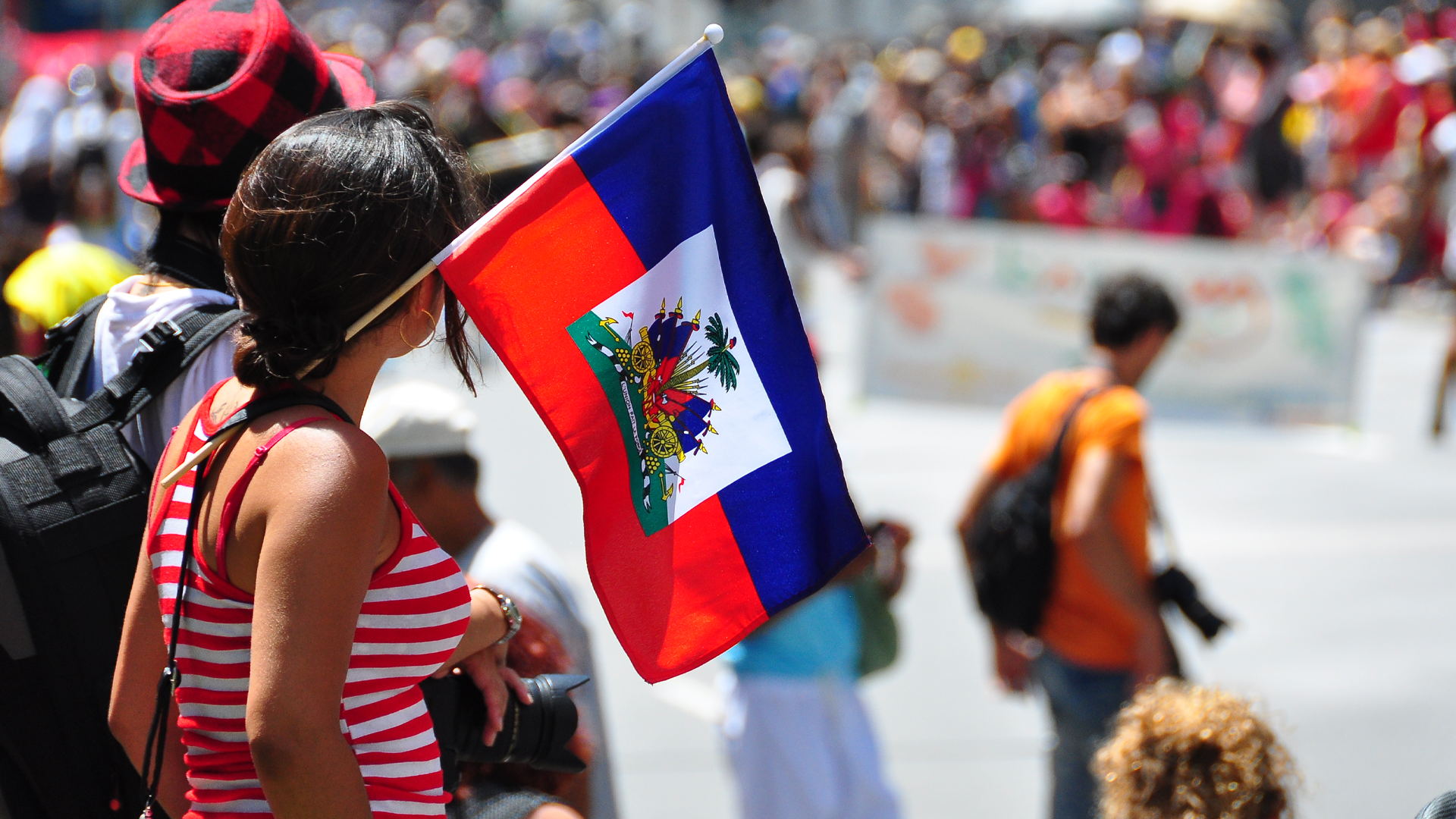The rise of gang activity has brought the country to a halt, as locals seek homegrown ways to regain agency.
A deepening political crisis is currently gripping Haiti and the international community is paying little attention.
Rising gang activity has kept Haiti’s capital, Port-au-Prince, in rigid captivity. Few locals have access to food, water, or healthcare. As gang activity spreads to more rural areas, farming and food production are also at risk.
Gangs are trafficking weapons and drugs throughout the country, increasing the risk of violence in an already vulnerable state.
Haiti’s food insecurity has risen in recent years, following a severe cholera outbreak that has displaced thousands and kept children from school.
The UN reports that incidence of homicides, kidnappings, and displacement is growing across Haiti, with authorities reporting 2,183 homicides and 1,359 kidnappings in 2022 – almost doubling from the previous year.
Organisations like the UN have attempted to unpick this humanitarian crisis by observing the conditions that nurture gang related activity.
These include, but are not limited to, ‘porous borders’ made up of 1,771 kilometres of coastline and 392 kilometres of land border with the Dominican Republic, as well as severe underfunding and understaffing in key public sectors.
With a lack of national police, key points of entry into Haiti are constantly targeted by gangs.
UN authorities have consistently supported pleas from the de facto Haitian government to send in armed forces who can tackle gang-related crime. Yet the international community fails to see this through in any tangible capacity.
A lack of help from outside the Caribbean has forced the Haitian population to come up with their own solutions.



















